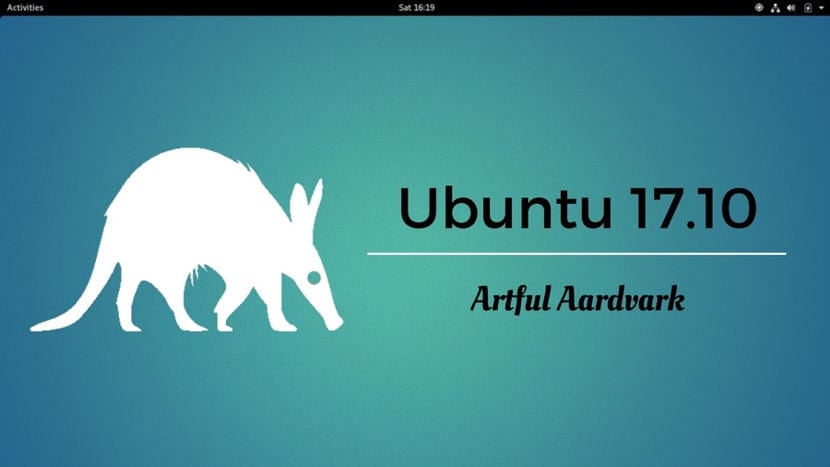
Today, July 19, 2018, Ubuntu 17.10 Artful Aardvark It has reached the end of its life cycle and will not receive any more software or security updates.
Released more than nine months ago, on October 19, 2017, Ubuntu 17.10 was named Artful Aardvark by Canonical CEO Mark Shuttleworth, being the first to port GNOME as a desktop environment default, instead of Unity.
In addition to replacing Unity with GNOME, Ubuntu 17.10 brought many substantial changes such as the new generation of Wayland by default instead of X.Org, a decision that was reversed in Ubuntu 18.04 LTS Bionic Beaver, in addition to the discontinuation of the GNOME version of Ubuntu.
But as usual with releases that do not have long-term support, after nine months, Canonical announces the end of the life of this version, this means that there will no longer be official updates of any kind.
Nobody will stop you from using Ubuntu 17.10 Artful Aardvark on your computer, but from now on, your system will be vulnerable to any attack and your favorite applications will not be updated, except if you use a third-party installer like Flatpak or AppImage.
For this, upgrade to Ubuntu 18.04 LTS Bionic Beaver is recommended, you can do it without having to delete your files, but it is recommended that you install it from scratch, if you plan to do it we recommend that you wait a week for the launch of the first minor update Ubuntu 18.04.1 LTS, on July 26, of this way you won't have to install updates after the clean install.
As expected, the rest of the Ubuntu 17.10-based distributions are also reaching the end of their life, which is why updating is also recommended.
The Ubuntu update policy I really don't like it too much, very frequent updates that force you to reinstall the system from scratch every 9 months ??? it doesn't suit me, it already looks like Windows (not even Windows does).
Although it is free and free, having to take the trouble to download the distro and install it and reinstall the same programs makes you lose time, not to mention that it leaves the hardware obsolete in a short time.
For that you have, first the LTS, with continuous security updates and a "Service Pack" that does not force you to reinstall anything. Then the change from LTS to LTS is very bearable, in my case it has never given me any failure (nor in the passage of minor versions every 9 months, but it is true that in each computer it can give very different results).
The obsolete hardware issue is not a Canonical thing, or Ubuntu, or anything. Only from the kernel developers. So the complaint to Reddit to Mr. Torvalds. But little hardware is left out of the pot with the Linux kernel, at least with computers from 15 years ago everything is correct.
The issue of programs is another story, in my case 0 problems for downloading them from the official repository, but hence they are developing Snap and avoiding this. That only the system is updated, and the self-contained applications go in another direction and thus do not cause system-app conflicts.
Let's see if we are lucky. So far LibreOffice and Eclipse great. On the other hand, the other option is to download the program, not from the repos, but from its official website. If you download, for example, Android Studio, and the system version changes, the program is still there.